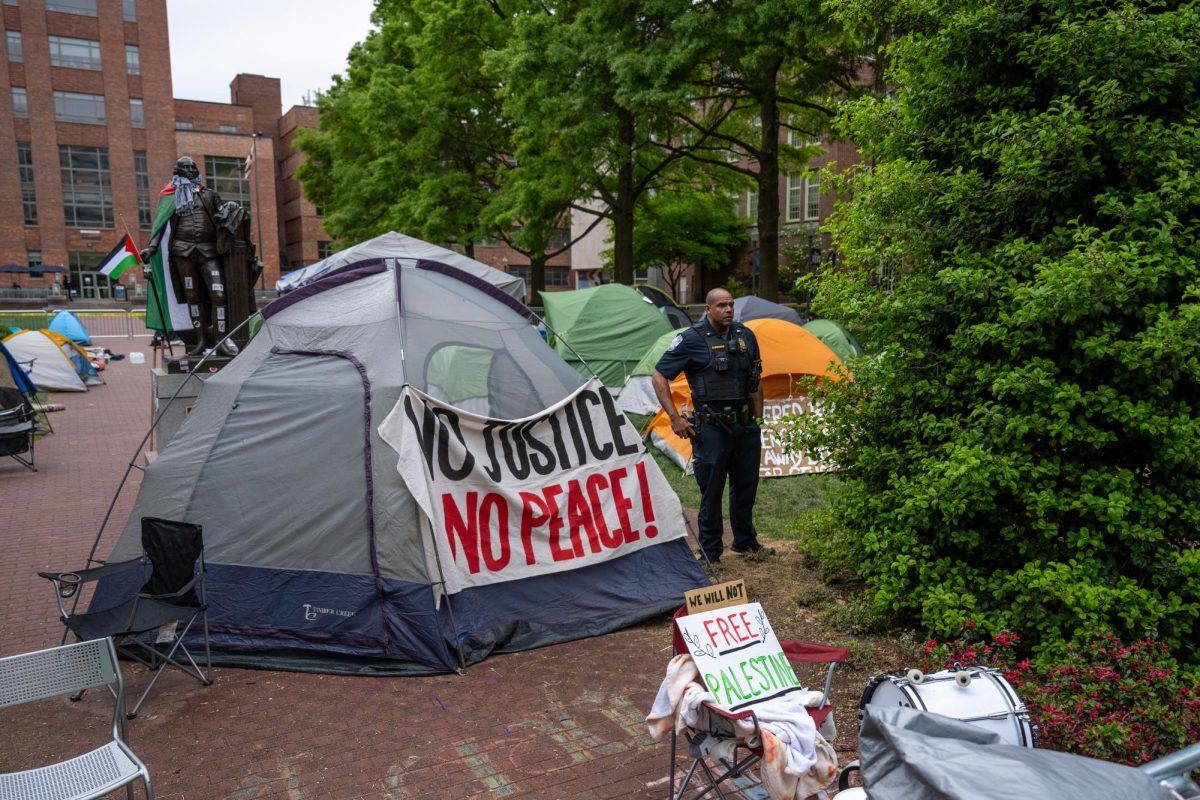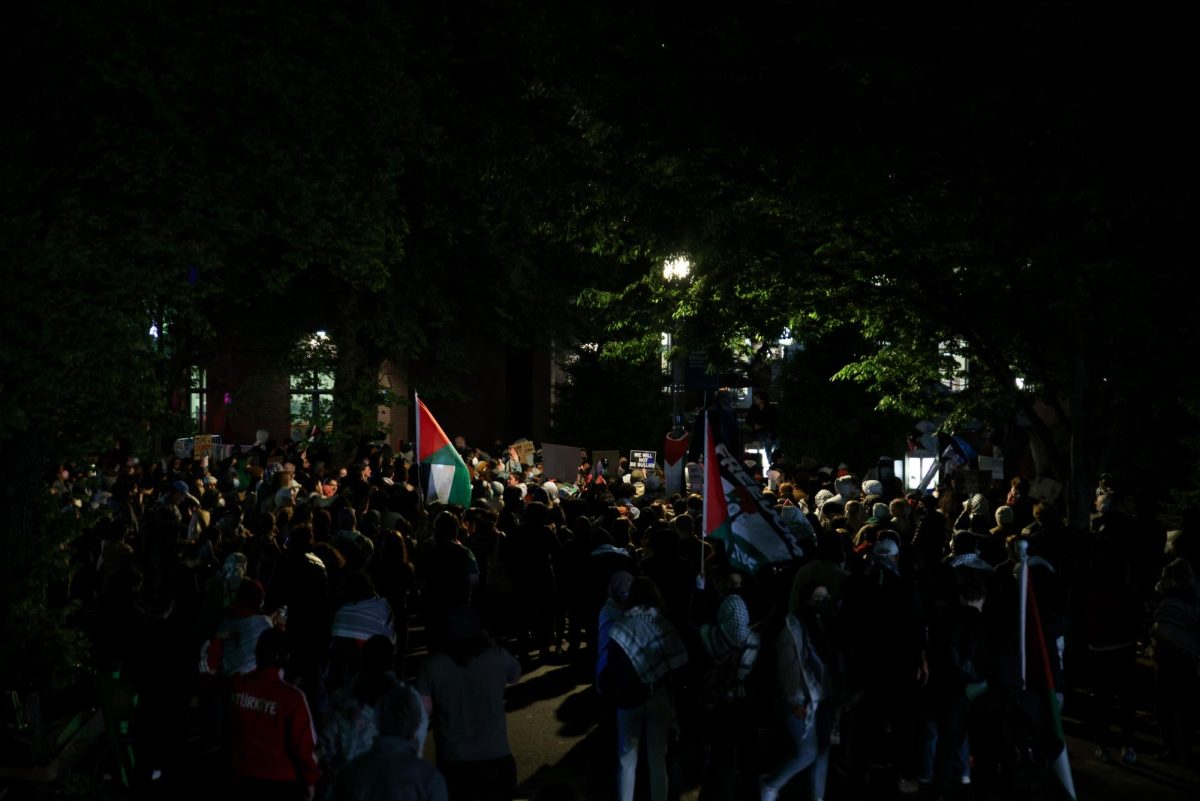International students struggling to deal with the realities of new immigration policies can attend walk-in hours at Mental Health Services.
After a divisive two weeks in the new presidential administration, MHS developed walk-in hours and specific group counseling to accommodate for marginalized students’ needs, according to the center’s website. Gillian Berry, interim director of Mental Health Services, said MHS decided to offer special hours for students who want to discuss immigration ban concerns.
“We are aware of the varying reactions students may have in response to the recent immigration executive order and have developed daily walk-in hours specifically for students who would specifically like to discuss the immigration executive order or related concerns,” Berry said.
MHS is now offering student walk-in hours for international students from 9 a.m. to 1 p.m. on Wednesday, students of color walk in hours from 1 p.m. to 5 p.m. on Tuesday and LGBTQ students walk-in hours from 1 p.m. to 5 p.m. on Thursdays. The center is also offering group sessions for international students on Thursdays from 11 a.m. to 12 p.m.
President Donald Trump issued an executive order last Friday banning citizens of seven Muslim-majority countries from entering the U.S., and placed an indefinite ban on Syrian refugees. Since then, University President Steven Knapp released a statement of support saying that the ban “directly threatens the well-being of students” and signed a letter in support of international students. Faculty have also shown their disapproval for the ban, with nearly 600 signing onto a Faculty Association petition opposing the ban and 27 faculty members signing a national petition that states their disapproval of the ban and calls for its repeal.
There are 73 GW students, faculty and alumni directly affected by the immigration ban.
Berry said MHS has offered a variety of resources for previous world and domestic events that affected the GW community. After the presidential election, MHS offered specialized counselors for walk-in hours for students who were interested in discussing the election results.
Berry declined to comment on how this specific kind of counseling is being funded or supported and how long will they will continue to offer these services for international students.
The Colonial Health Center outreach team is also available to come out to different campus locations, including schools and student organization meetings, to support the diverse members of the GW community who may need support, Berry said. She said MHS also regularly provides walk-in hours to students.
“In the last week we have hosted group discussions on coping with the current political climate,” she said.




